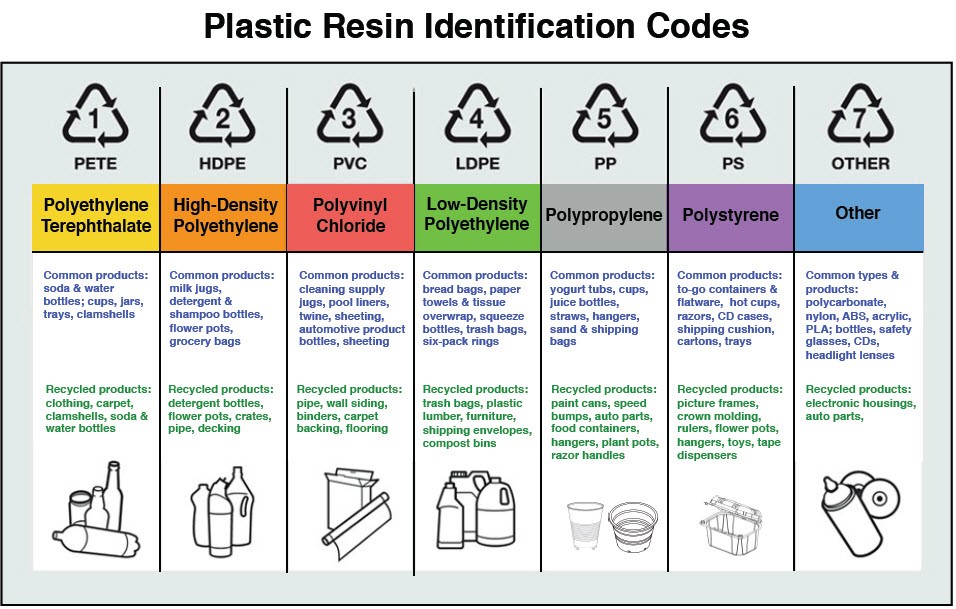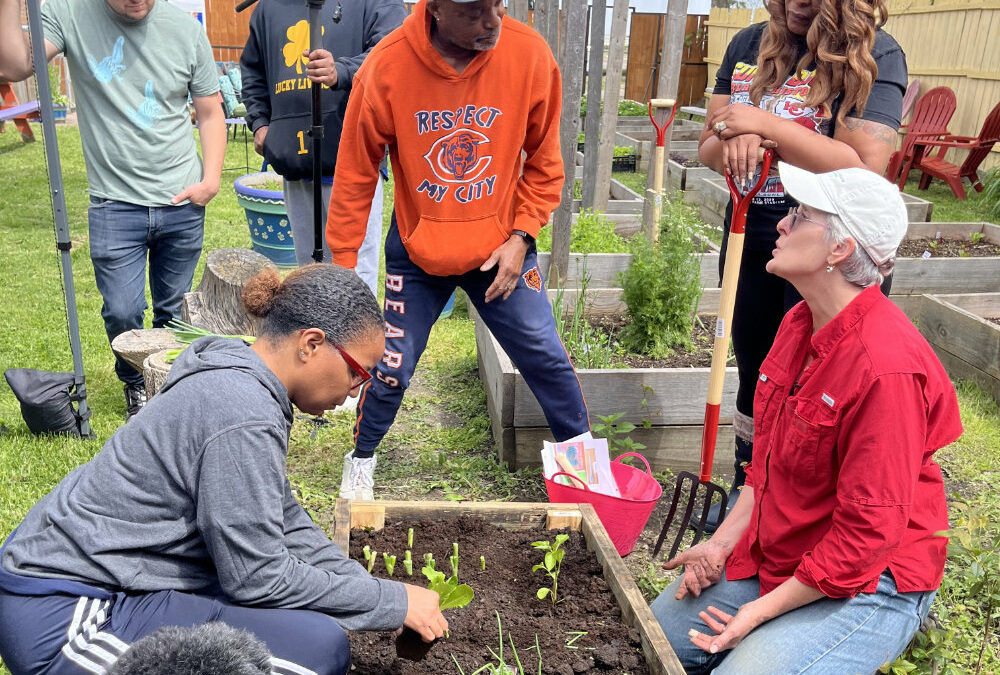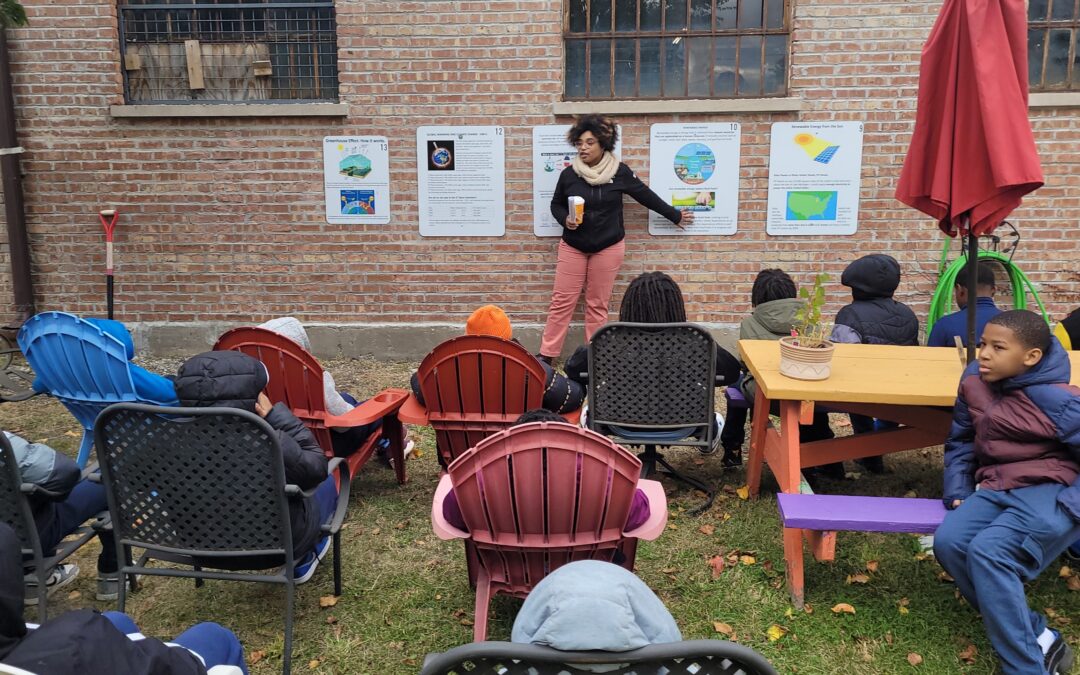We use many plastic bags in our daily operation.
We collect used clothes, which people donate in our drop off bins. Often people put lose clothes in our bins and we need to bag the clothes.
We are looking for an alternative to plastic bags. So, we have started researching that.
The issue with plastic bags is, that they are very difficult or impossible to recycle.
Regarding recycling of plastic, a system of labelling plastics has been created in order to make it easier for recyclers. In USA for example 39 out of 50 states have adapted laws that require all plastic products to be labeled according to their recyclability.
It is a system of the recycle triangle with the number 1 to 7 inside the triangle. The number 1 and 2 are the easiest to recycle and the number 7 is almost impossible to recycle.
Most plastic bags are either number 4 or 7, and we have not been able to find any company or organization, which is recycling plastic bags.
Below find the recycling codes 1 to 7.
Alternative to plastic bags.
The plastic industries market different kind of plastic bags for us consumers.
We found companies selling biodegradable- and others selling compostable- plastic bags.
At first, we thought that biodegradable and compostable is the same. But it is not.
Biodegradable plastic bags.
What we have found from our research is, that this is just somebody “green-washing you”
Greenwashing can be a very effective marketing strategy. It’s used to create the illusion that a company or organization has taken environmental factors into consideration when creating their products or services. It’s important to watch out for products that are labeled as biodegradable because you are likely being greenwashed.
In practice, almost all chemical compounds and materials are subject to biodegradation processes. It is just a matter of time. The significance is whether it takes days, weeks, years or centuries to biodegrade.
A number of factors determine the rate at which this degradation of organic compounds occurs. Important factors include light, water, oxygen and temperature.
The average biodegradation time for plastic bags in a marine environment is 10-20 years. In a terrestrial environment, like a landfill, the time for biodegradation of plastic bags are 500 years or more.
So, of course they can write “biodegradable” on a plastic bag, when they do not write the time it takes to biodegrade.
Compared to paper: paper will biodegrade in 5 weeks in a marine environment and in 2-5 months in a terrestrial environment.
If you want to use biodegradable plastic bags, you need to look for the time it takes to biodegrade. It should be written on the package, but it is not. If you do not see the time it takes to biodegrade, you should not buy them.
Compostable plastic bags
Some companies produce compostable plastic bags. But most of these are made of petroleum-based plastic. You get the impression that now you can finally do something good for the environment. But it turns out, you cannot compost these plastic bags in your garden or in your backyard – only in special facilities (how do the green compostable plastic bags get to the facility?)
Compostable here means Commercially Compostable. This means that only a commercial facility can compost those bags. These facilities have a large closed container with a specific balance of temperature, oxygen, and moist in order to compost the plastic bags.
Truly compostable “plastic” bags – bioplastic bags or PLA bags
These are made from renewable resources such as bamboo, sugar cane or corn. And these materials would of course biodegrade naturally or by composting methods.
You must check the company’s website before you buy their bags.
A truly compostable plastic bag is not made from fossil fuel plastic, it is made from PLA = Poly Lactic Acid, which can be extracted from corn, bamboo or sugar cane, which are truly renewable resources.
The packaging should have “compostable” and “PLA” printed on it.
Conclusion
Plastic bags made from plastic are impossible to recycle.
Biodegradable plastic bags are also made of plastics and since the manufacturing do not write the time it takes to biodegrade on the packing, it is not worth going for these bags. Compostable can be made either from plastic or from renewable sources like corn, sugar cane or bamboo. These are truly compostable and originating from natural and renewable sources.








